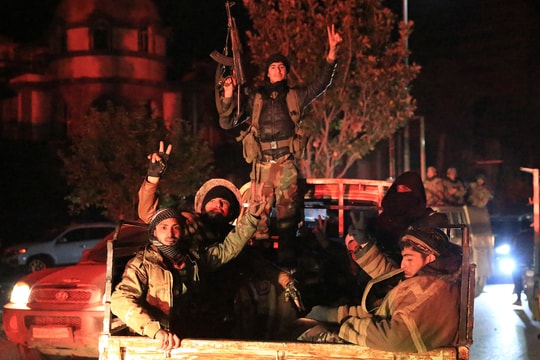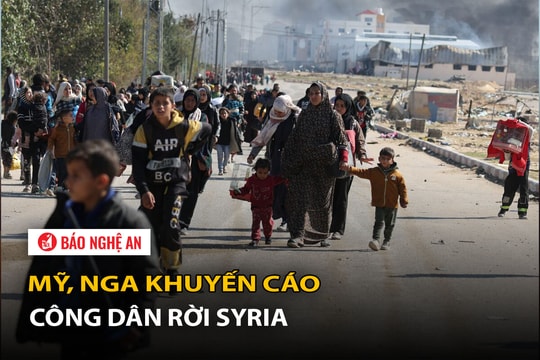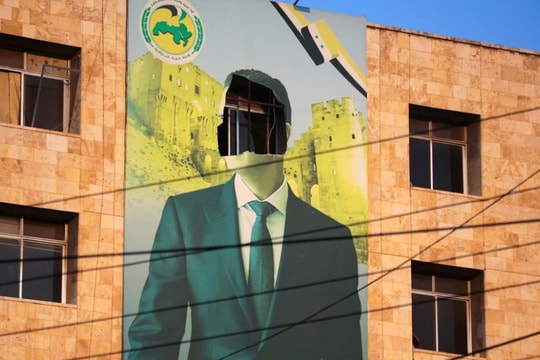Factors that facilitated opposition forces in Syria to overthrow President Assad
After 13 years of civil war, Syrian opposition militias saw an opportunity to undermine President Bashar al-Assad's rule when, about six months ago, they contacted Turkey to present plans for a major offensive and felt they had tacit support from Ankara, Reuters reported, citing two sources familiar with the matter.
Fast and unexpected developments
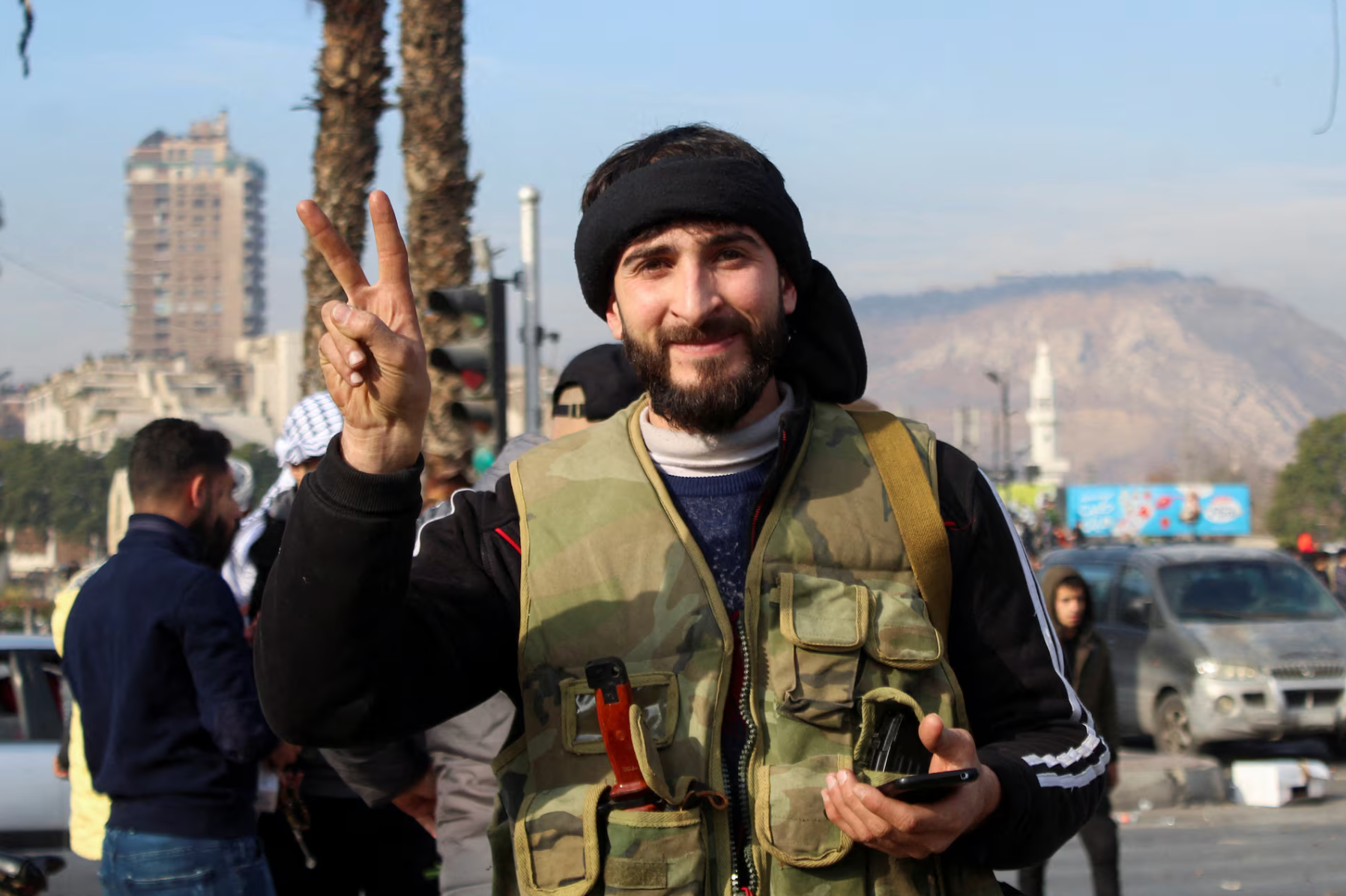
The offensive, which began just two weeks ago, has so quickly achieved its initial objective – capturing Syria’s second-largest city, Aleppo – that it has taken almost everyone by surprise. From there, in little more than a week, the anti-government coalition advanced on Damascus and on December 8 ended five decades of Assad rule.
The swiftness of the offensive was likely due to a combination of factors working against Mr. Assad’s regime: the government’s military was weakened and exhausted; his main allies, including Iran and Hezbollah in Lebanon, were severely weakened by their conflict with Israel; and his other important military backer, Russia, was distracted.
According to sources including a regional diplomat and a member of the Syrian opposition, the opposition could not have carried out the plan without first informing Turkey, which has supported the Syrian opposition since the early days of the war.
Türkiye has a military presence in northwest Syria and provides support to several groups that intend to join the anti-government uprising, including the Syrian National Army (SNA) – although Ankara considers the main group in the alliance, Hayat Tahrir al-Sham (HTS), a terrorist organization. The rebel bold plan was the brainchild of HTS and its leader, Ahmed al-Sharaa, also known as Abu Mohammed al-Golani.
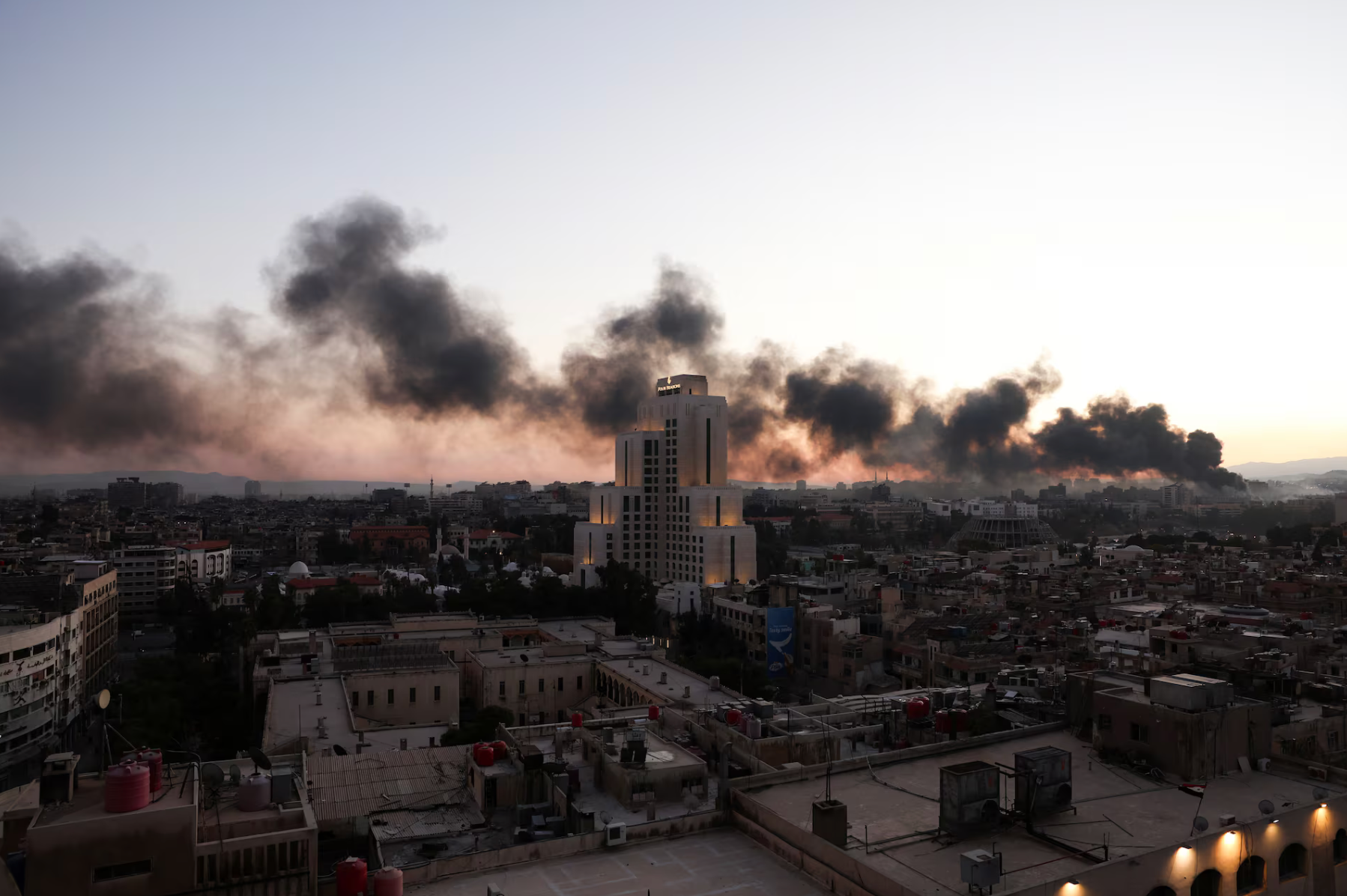
Golani is considered a terrorist by Washington, Europe and Türkiye due to its past links to al-Qaeda. However, over the past decade, HTS, formerly known as the Nusra Front, has worked to improve its image, running a semi-official state centered in Idlib, where it is believed to have imposed taxes on commercial and residential activities.
Turkish President Tayyip Erdogan's government, which reached a deal with Russia in 2020 to de-escalate fighting in northwest Syria, has long opposed a major anti-government rebel offensive, fearing it would lead to a new wave of refugees flooding across the border.
However, according to sources, anti-government rebel groups sensed a shift in Ankara's stance toward Assad earlier this year, after Assad repeatedly rejected Erdogan's calls to push for a political solution to break the military stalemate that has left Syria divided between the Assad regime and a collection of foreign-backed rebel groups.
Syrian opposition sources said anti-government rebels presented Türkiye with details of the plan after Ankara's efforts to persuade Mr Assad failed. The message was: "The other path has not worked for years - try our path. You don't have to do anything, just don't interfere."
Reuters news agency said it was impossible to determine the exact content of the exchange between the sides. But Hadi Al-Bahra, a Syrian opposition leader, told the news agency last week that HTS and SNA had planned "limited" coordination before the attack and agreed to "cooperate and not clash with each other." He added that the Turkish military had observed what these armed groups were doing and discussed.
Turkish Foreign Minister Hakan Fidan, speaking in Doha on December 8, said Mr. Erdogan's recent efforts to contact Mr. Assad had failed and Türkiye "knew that something was about to happen."
However, Turkish Deputy Foreign Minister Nuh Yilmaz, at a conference on Middle East issues in Bahrain on December 8, insisted that Ankara was not behind the attack and did not give its approval, saying that the country was concerned about the unrest.
Türkiye's foreign and defense ministries did not directly respond to questions from Western media about HTS's links to Ankara regarding the Aleppo campaign. A Turkish official told Reuters that HTS "does not receive orders or instructions from us and does not coordinate its operations with us."
“In that sense,” the official said, it would be incorrect to say that the Aleppo operation was carried out with Türkiye’s approval or with Ankara’s “green light.”
Türkiye's intelligence agency MIT did not immediately respond to a request for comment. Reuters was also unable to reach representatives of HTS.
Vulnerable
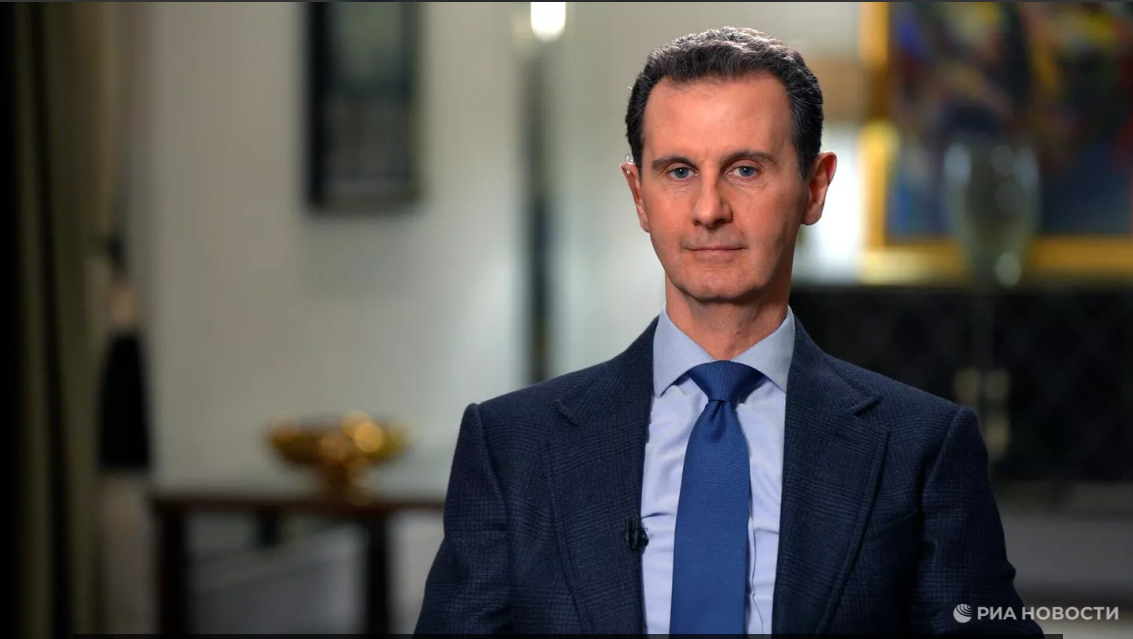
According to Reuters, the anti-government rebels attacked at a time when Mr. Assad was at his most vulnerable.
Distracted by wars elsewhere, Mr. Assad’s military allies, including Russia, Iran and Hezbollah in Lebanon, have been unable to mobilize the decisive firepower that has sustained him for years.
Syria’s weak military has been unable to resist. A source in Mr Assad’s government told Reuters that its tanks and planes were running out of fuel due to corruption and looting. The source said morale in the army had plummeted over the past two years.
Aron Lund, a fellow at Century International, a Middle East-focused think tank, said the HTS-led coalition is stronger and more cohesive than any previous anti-government rebel force in the Syrian war, “and a lot of that is due to Abu Mohammed al-Golani.” But he said the decisive factor was the weakness of the Syrian government.
“Once they lost Aleppo like that, the government forces never recovered, and as the anti-government rebels advanced, Assad's army became weaker,” he said.
The speed of the opposition's advance, with Hama captured on December 5 and Homs falling to them around December 8 at the same time as government forces lost Damascus, has exceeded all predictions and expectations.
“There was an opportunity, but no one expected the regime to collapse so quickly. Everyone expected a resistance,” said Bassam Al-Kuwatli, chairman of the Syrian Free Party, a small opposition group based outside Syria.
A US official, speaking on condition of anonymity, said that while Washington was aware of Türkiye's overall support for the rebels, it had not been informed of any tacit Turkish approval for the Aleppo operation. The White House National Security Council did not immediately respond to a request for comment on Türkiye's role.
US President-elect Donald Trump said on December 8 that Russia's abandonment of Mr. Assad led to his downfall, adding that Moscow should never have defended Mr. Assad in the first place and then lost interest because of a war in Ukraine that should never have started.
Israeli Prime Minister Benjamin Netanyahu on December 8 mentioned Israel's role in weakening Hezbollah, which sources told Reuters withdrew its remaining troops from Syria on December 7.
Consequences of the war in Gaza
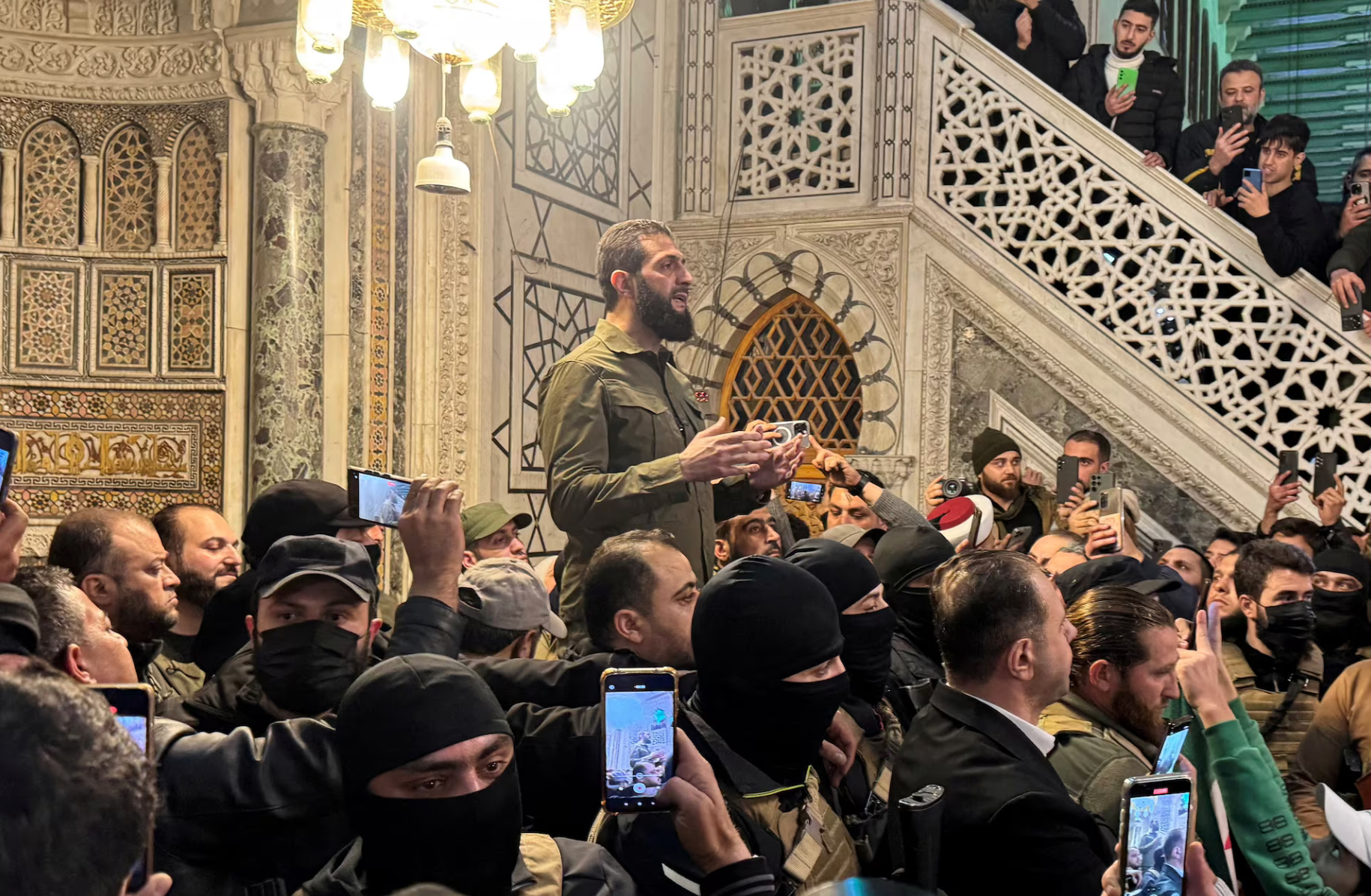
Sources familiar with Hezbollah’s troop deployments say the Iran-backed group, which has supported Mr. Assad since the early days of the war, has withdrawn many of its elite fighters from Syria over the past year to support its forces in the conflict with Israel — a conflict that has spilled over from the war in Gaza.
Israel has dealt heavy blows to Hezbollah, particularly after launching an attack in September that killed the group's leader Hassan Nasrallah and many of its commanders and fighters.
The Syrian opposition offensive began on the same day a ceasefire in the conflict in Lebanon came into effect – November 27. Sources close to Hezbollah said the group did not want to engage in major battles in Syria, as it focused on recovering from heavy losses.
For the anti-government rebel coalition in Syria, Hezbollah's withdrawal is a precious opportunity. "We just want a fair fight between us and the government," a Syrian opposition source said.
The fall of the Assad regime marks a major blow to Iran's influence in the Middle East, coming on the heels of Nasrallah's death and the damage Israel has done to Hezbollah.
Meanwhile, Türkiye appears to have now become the strongest external player in Syria, with troops on the ground and access to anti-government rebel leaders.
In addition to ensuring the repatriation of Syrian refugees, Türkiye's goals include curbing the power of Syrian Kurdish groups that control large areas of northeastern Syria and are backed by the United States. Ankara views these groups as terrorists.
As part of the initial offensive, Turkish-backed SNA forces captured large areas, including the city of Tel Rifaat, from US-backed Kurdish forces. On December 8, a Turkish security source said anti-government rebels had entered the northern city of Manbij after pushing back Kurdish forces again.
“Türkiye is the biggest winner here. Erdogan turned out to be on the right side – or at least the winning side – of history when his proxies in Syria won,” said Birol Baskan, a political scientist in Türkiye and former visiting fellow at the Middle East Institute.

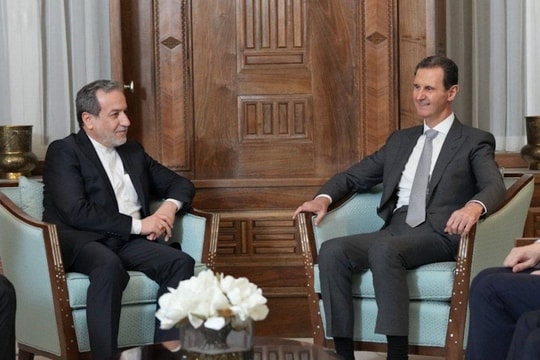

.jpg)
